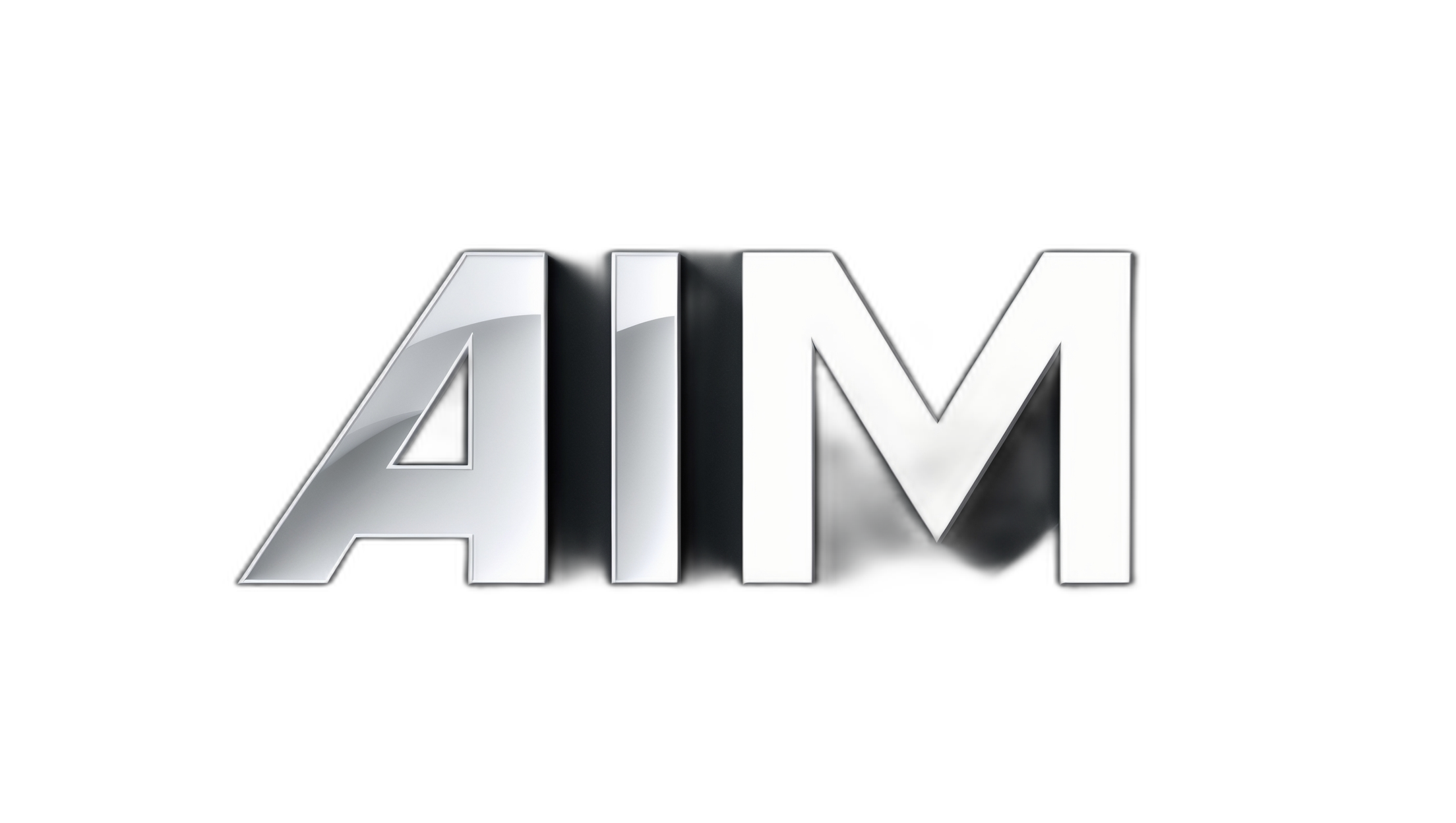
Steven Spielberg’s Divisive Ending For A.I: Artificial Intelligence Was Stanley Kubrick’s Original ‘Vision’
After Stanley Kubrick died, Brian Aldiss helped keep the project alive by writing a continuation of his short story “Supertoys.” Steven Spielberg “almost immediately bought it.” When the author saw the film, he was impressed but echoed a wider sentiment — that the director had added a little too much of his Spielbergian optimism to “A.I. Artificial Intelligence.” The ending in particular was deemed divisive, in that it shows David (Haley Joel Osment) spending an ideal final day with his adoptive mother, in an apparent subversion of the typical Kubrickian bleakness.
Aldiss called the “A.I.” ending “overly sympathetic” and opined that Spielberg had “[added] some sugar to Kubrick’s wine.” Elsewhere, in his 2015 Movie Guide, film critic and historian Leonard Maltin highlighted the “curious and uncomfortable hybrid of Kubrick and Spielberg sensibilities.” But perhaps the most damning take came from critic Mick LaSalle, who maintained that “A.I.” contained “the structureless, meandering, slow-motion endlessness of Kubrick combined with the fuzzy, cuddly mindlessness of Spielberg.”
However, if you ask Spielberg, these criticisms have got it all backward. In an interview, the “A.I.” director explained how the “cuddly mindlessness” wasn’t entirely his doing:
“People assume that [Kubrick] ended ‘A.I.’ with David and Teddy underwater trapped by the ferris wheel. At that, end credits roll, and they’re gonna be down there until their batteries run out. That’s where they assume [Kubrick] ended it, and I of course get criticized for carrying the film 2,000 years into an advanced future […] And they certainly assume that’s how I wrecked [Kubrick’s] movie. When in fact [Kubrick’s] treatment, along with Ian Watson, went right into the 2,000-year future. And this was where [Kubrick] was going to take the movie had he lived to direct it. And this is where I was obligated to take the picture, and even if I didn’t feel such an obligation to defend [Kubrick’s] vision, that would have been my vision as well.”
This content was originally published here.



